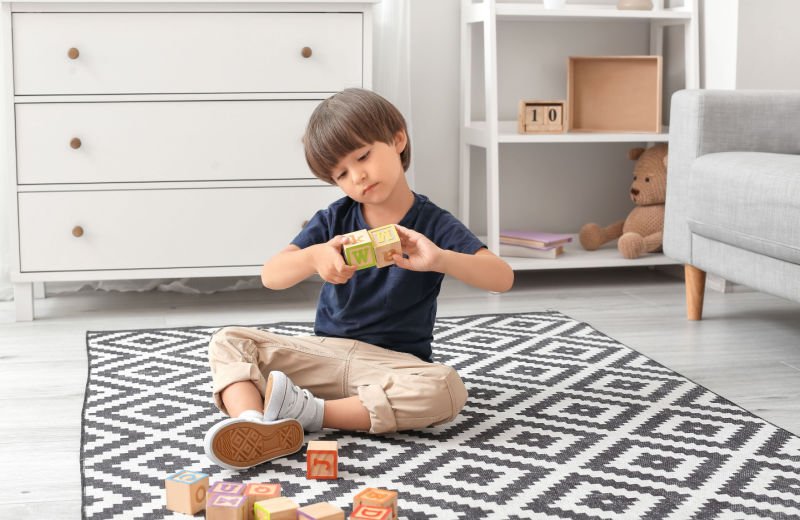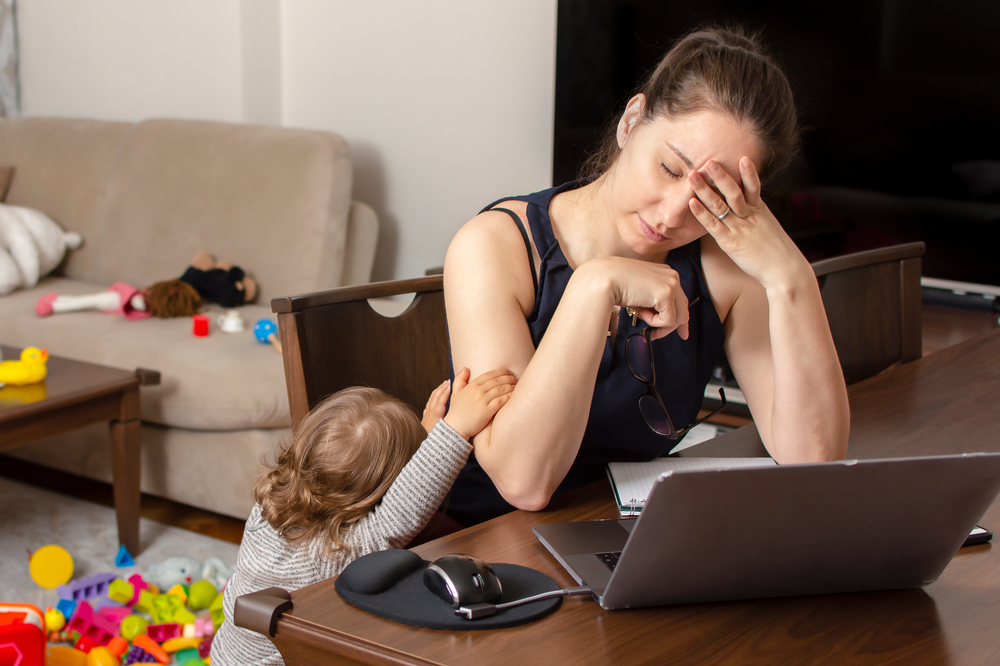Children 6-11 Years
Raising a Can- Do Child – Part 2

In our previous article “Raising a can-do Child - Part 1”, we discussed the strong parallel between how children feel about themselves and how they act. We shared some tips and activities to help our kids believe in their abilities and develop their confidence.
As you know, self-confidence is the key to a successful and happy life. A child can be blessed with intelligence and talents but if he lacks self-confidence, this can be an obstacle in achieving success in every area of his life. Therefore, it is important to remember that our words and actions have a great impact on how our children feel about themselves.
Today, in part 2 of “Raising a can–do Child”, we will continue what we started and we will share what NOT to do when it comes to raising a confident child and what you can do instead.
Your job as a parent is to support your child with his decisions, this means you must manage your own anxieties and focus on your child’s needs.
Don’t pass down bad habits
Self-criticism whether you do it in front of your kids or not, is a bad habit. Examples of self-criticism include: “I am a failure”, “I cannot do anything right”, “I am not good enough”. Practice positive self-talk daily and learn to appreciate, respect and be kind to yourself especially when your kids are watching.
Don’t criticize your kids
Criticizing kids prevent them from taking risks, asserting their opinions and believing in their own abilities. When kids are frequently criticized, they are more likely to grow up overly critical of both themselves and others.
Children want to do well! When you highlight their strengths, they will work to improve their weaknesses because they want to earn your praise and approval and they want you to be proud of them.
Remember that what you say to your kids becomes their inner voice.
Raise your child to be accountable, to take responsibility for his actions, and to learn that there is a consequence for every choice, good or bad
Don’t set expectations for your child
Accept your child for who he is and for what he can offer. Setting high expectations sends your child a message that he is accepted only when he meets your expectations, and setting low expectations send him the message that this is the most he can do.
Help your child to set his own goals and identify the steps he needs to take to achieve those goals.
Don’t do everything for your child
Find the balance between over parenting and under parenting. Decide when it is appropriate to step in and when it is more effective to let go and give your child space to do it his way. If it goes well, recognize her achievements and if not, recognize her efforts. Show them it is ok to make a mistake by making your own little mistake on purpose and not making a big deal about it.
Resist the temptation to improve on your child’s task. Let your child do what she can do herself and be confident in her abilities. Allocate age appropriate tasks, for example, tie her shoes, put the dishes away, make her beds, do her laundry, etc.
Remember that what you say to your kids becomes their inner voice.
Don’t rescue your child
It is natural to want to prevent your child from getting hurt – trying to get her invited to a birthday she was not included in or pressuring the coach to give him more game time is not doing your child any favors. Children need to take ownership of their lives; constantly running to rescue your child from making mistakes or from consequences delays him from learning the lessons he needs to learn. This will also create a victim mentality and lessen his ability of taking care of himself in the future.
Raise your child to be accountable, to take responsibility for his actions, and to learn that there is a consequence for every choice, good or bad.
Don’t make decisions on your child’s behalf
Kids become more confident when they have choices and negotiate what they want. When children use their voices, and make their own decisions, they are more likely to stick to them. This gives them confidence in their own judgment and the feeling that they have control over their lives. Your job as a parent is to support your child with his decisions, this means you must manage your own anxieties and focus on your child’s needs.
To build your children’s decision-making skills, give them 2-3 options to choose from. Remember to give the option that you are OK with. For young children, an either/or choice works best. Ex: Do you want to go to bed now or in five minutes? As children get older, choices can get more complicated. E.g. You can quit basketball if you choose to, but what sport do you think you like to try? You need to choose one physical activity.
Remember that we as parents, above anyone else, are in charge of promoting our children’s self- confidence and of creating a positive environment that will help transform them into adults who have the gift of confidence.
For more info please contact I Can Self Development for Kids














